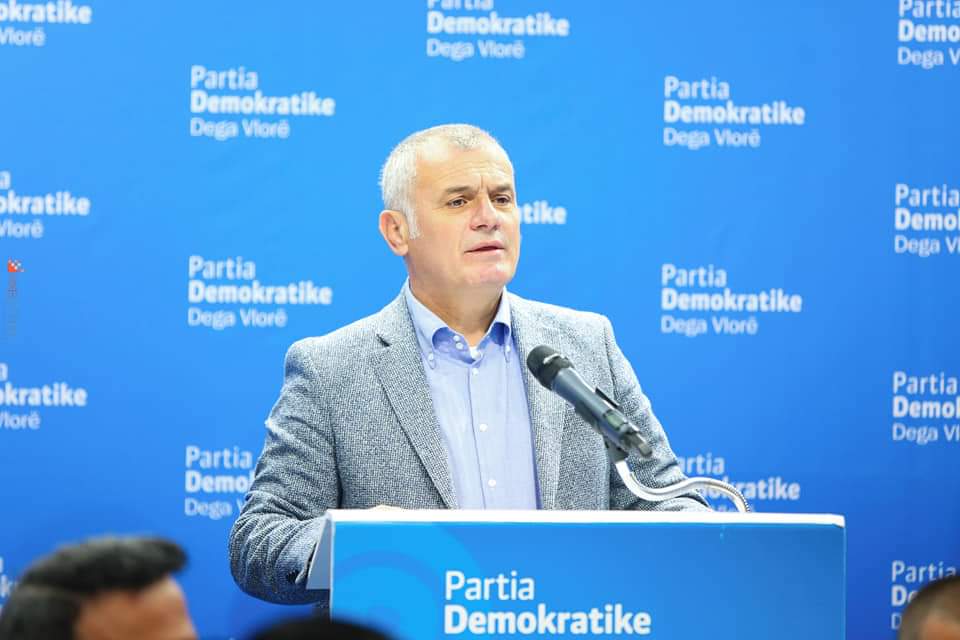Internal tensions mount in Albania’s Democratic Party over candidate lists

Albania’s Democratic Party (DP) is facing escalating internal tensions over candidate lists for the upcoming May elections. With polls showing the ruling Socialist Party (SP) leading by double digits, the DP appears poised for a tough defeat, adding urgency—and tension—to the process of selecting candidates for parliament. For many within the party, securing a spot on the list of MPs is one of the few remaining incentives in an election where victory seems unlikely. This has turned the candidate selection process into a contentious battleground.
Why is this important: While the use of primaries has been promoted as a symbol of internal democracy, in practice, these contests have historically bred dissatisfaction. Past primaries have seen tensions erupt into open conflict, with losing candidates abandoning their party responsibilities and withdrawing from campaign efforts just months before elections. Such behavior could further weaken the DP’s electoral performance at a time when party unity is critical.
Context: Leadership’s efforts to manage this delicate process face increasing criticism, with concerns that unresolved disputes could fracture the party even further. Public complaints have already surfaced over alleged manipulations during votes for party branch leaders, and now disagreements about MP candidacies are beginning to spill into the open. These internal tensions risk alienating not only party members but also allied factions, who are expected to demand “safe” spots on the lists.
In the latest flashpoint, Bujar Leskaj, DP’s political leader for the Vlora region, has opposed Berisha’s decision to require branch leaders to resign if they wish to compete in the primaries. Leskaj argues that branch leaders, elected democratically by party members, are vital for the DP’s grassroots organization and should not be forced to relinquish their positions. His criticism underscores the simmering dissatisfaction among party leaders and risks undermining the primary process before it begins.
What did he say: Leskaj wrote on social media, “Branch leaders are the backbone of the DP’s organizational structure. Any change to this principle would violate the democratic spirit the party stands for.”
Nerves fray: These broader tensions are also reflected in an unusual public feud between a senior DP figure Edmond Spaho and former DP representative and current talk show host Grida Duma. Duma recently criticized Spaho’s electoral performance, suggesting his lack of personal votes contributed to the DP’s struggles. Spaho fired back, highlighting his dedication to the party and accusing Duma of hypocrisy, given her own electoral defeats. “I never campaigned to gather votes for myself at the expense of my colleagues,” Spaho retorted in a heated social media post. “Unlike others, I have consistently worked for the DP, not personal gain.”
Looking ahead: As the primaries approach, these unresolved conflicts threaten to erode party unity and morale even further. Beyond the internal struggles, tensions with allied factions over safe candidacies are expected to rise, potentially exacerbating divisions at a critical juncture. For the DP, managing these disputes while presenting a credible opposition to the Socialist Party will be a test of its ability to rebuild from years of political setbacks.


